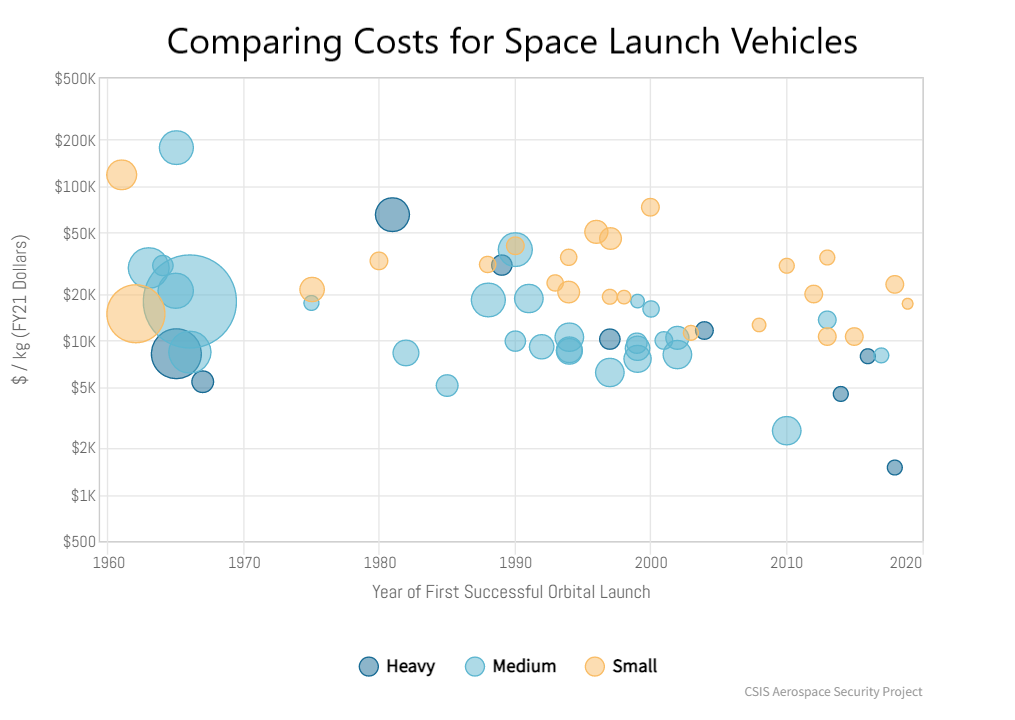Retirement is often treated as if it is the ultimate goal post or the finish line. The media makes it sound as if you reach this milestone, and you are finished. You just sit back and take it easy for the rest of your life. The truth is that after retiring, we still have a lot of life left. We can continue to invest and build our financial future, but the rules change post-retirement.
Old Ideas vs. New Reality
The old model of retirement came from the idea that you worked hard for a company all your life. When you reached the age to retire, you could just take it easy and enjoy the money you saved. This model was developed post-World War II.
Back then, the average lifespan was only 68 years old. That is right. After the age of 65, when you retire, you had an average of three years to live. The old model worked back then. Now, the average lifespan is 79 years old. By 2050, it is expected that the lifespan will be 83 years old. This means that the old ideas and stereotypes about retiring and investment planning no longer apply.

Post-Retirement Investment Planning
– Advertisement –
We now have many more years of life left after we retire. We are in better health, and our working years are not necessarily over unless we want them to be and are financially fit enough to do so. These extra years mean that you must now make your savings last longer too, or you need to have a solid plan to keep contributing and keep investing.
Rules for Investing Post-Retirement
The rules for investing change after you retire, and if you keep a few simple things in mind, instead of dwindling away the wealth that you have saved, you can continue to build it. Here are a few things to keep in mind as you continue to build post-retirement wealth.
Mind Your Risk
As you feel the crunch of retiring approaching, it can be tempting to chase higher returns. While the potential for gain is bigger, the downside is a reality that could spell disaster. If you are close to retiring or post-retirement, having a balanced portfolio becomes even more important than in your younger years.
Don’t Forget About Inflation
While it is important to mind your risk, and it is also important to make sure that your investments are beating inflation. This might mean balancing risk and not keeping all your money in conservative investment instruments. If you don’t mind inflation, you can end up dwindling your savings and investments away as pricing rise and take a larger chunk.

Consider Lifestyle Changes
Just as your working years have gone through stages, your post-retirement changes will go through them, too. Many people spend more money on things they enjoy in the first few years after retiring, while age still allows them to do the things they enjoy. Spending tends to decline as a person ages. It is important to divide your post-retirement years into three to five-year segments for planning purposes.
Mind Withdrawals During a Downturn
This last piece of advice applies anytime, not just when the market is in a downswing. Losses from selling too many stocks during a downturn might never be recovered. If you feel tempted to withdraw and sell off during a market downturn to “protect” your money, it is an even bigger mistake post-retirement, and there is a chance you might never recover the losses.
Life does not end when you retire. Many retirees are taking advantage of the ability to continue to work, run their own businesses, and keep building wealth through smart investments. This is the key to having a lifestyle that you love and enjoying your life.
– Advertisement –



